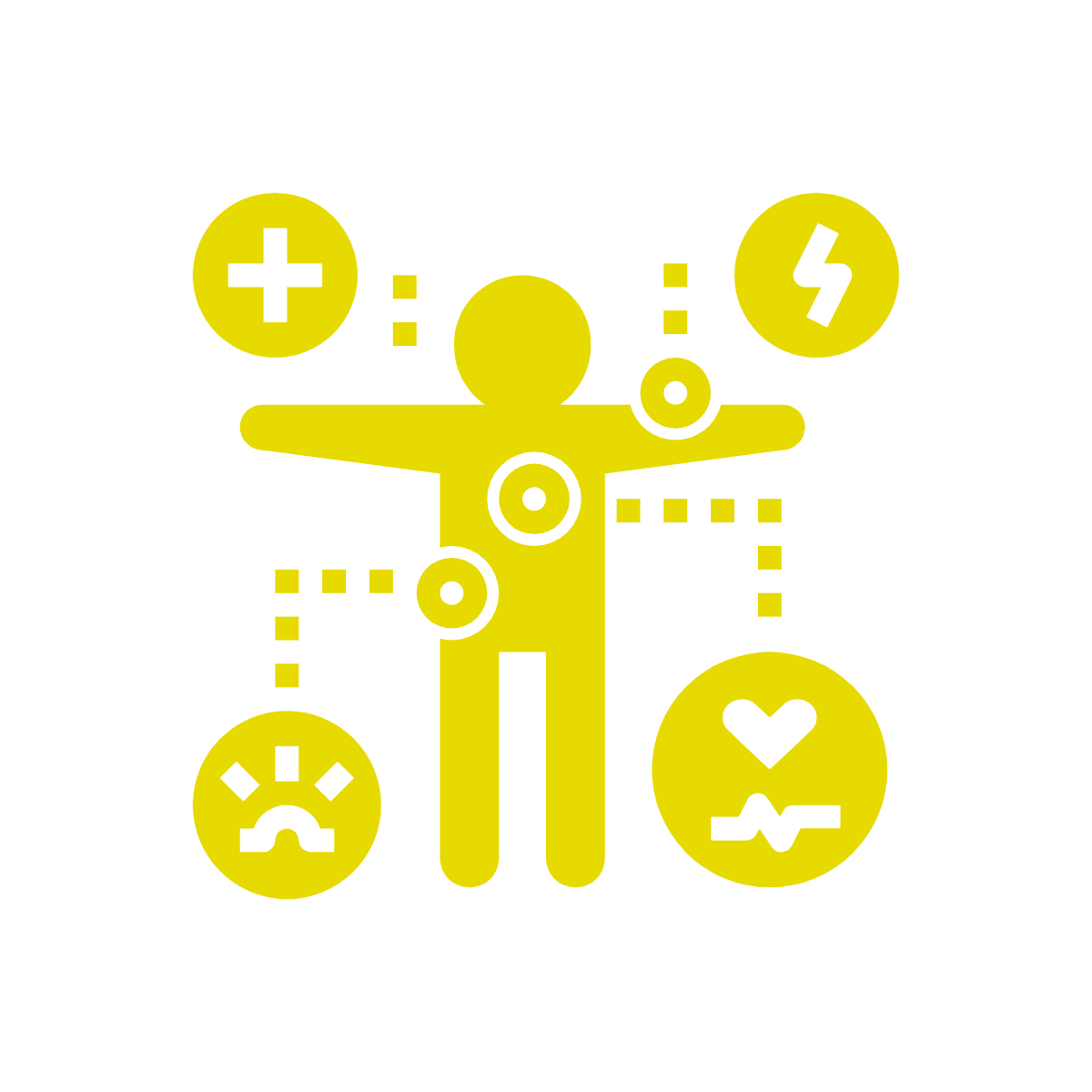
Sensory processing is the brain’s ability to process information received from the senses and use that information to respond to the environment. Difficulties with sensory processing often contribute to challenges in the way we organize and plan our movements, as well as the way we keep our emotions regulated. Challenges in these ares may impact participation across many different activities, such as the ability to focus in class, play games on the playground with friends, or complete the morning routine. In addition to the “external” senses of vision, smell, taste, hearing, and touch, we have at least three more “internal” senses that provide us with information about our body. These are the senses of proprioception, the vestibular sense, and interoception.
When I evaluate your child, I generally make observations about a child’s motor skills and self-regulation skills. Both of these capacities depend on the brain’s foundational ability to process and integrate sensory information. Sensory processing is the brain’s ability to process information received from the external senses that we normally think about: vision, hearing, sight, smell, taste, and touch. However, just as important are the the internal senses of proprioception (body awareness), vestibular sensation (awareness of movement and head position), and interoception (the sensation of the state of our nervous system and organ functioning, such as hunger).
Difficulties with sensory processing often contribute to challenges in the way we organize and plan our movements, as well as the way we keep our emotions regulated. Challenges in these ares may impact participation across many different activities, such as the ability to focus in class, play games on the playground with friends, or complete the morning routine.
Proprioception: the sense of body awareness, which comes from sensations from our muscles and joints
Vestibular sense: the sense of balance, movement, and head position, which comes
Interoception: Sense of internal state of organs and nervous system



